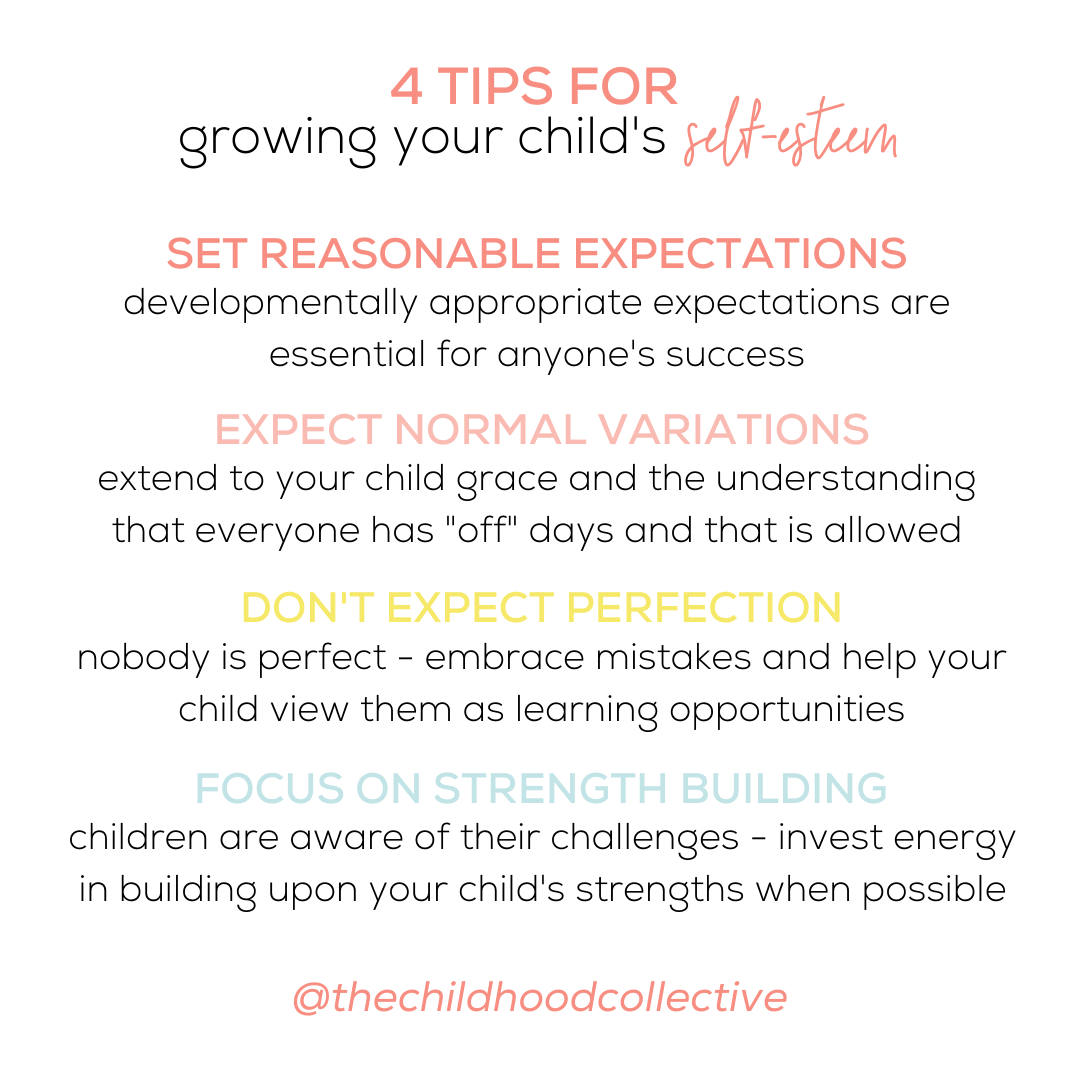Blog
The Bedtime Pass: Get Your Child To Stay In Bed and Fall Asleep on Their Own

Do you find yourself laying next to your child for what seems like hours every night because that is the ONLY way you can get them to sleep? And once they finally fall asleep, are they are back in your room a few hours later trying to crawl into your bed?
Getting your child to fall asleep and stay asleep in their own bed can be an epic challenge.
Today, I’m going to let you in on a simple, science-backed intervention that we love to use to tackle some of these bedtime struggles…
The Bedtime Pass
The Bedtime Pass is a science-backed strategy that we use with families. It helps kids fall asleep alone, while feeling safe and secure in their own bed. It’s basically a get out of bed free card that you give to your child at night before bed.
The Bedtime Pass gives children the security they need, but provides them with boundaries to put a limit on those seemingly constant trips out of bed. Most importantly, it is a tool to teach your child to fall asleep without you having to lay next...
5 Tips for Parenting Multiple Children with ADHD

I (Lori) grew up in a family of 7… with 4 brothers… and some of them had ADHD. Chaos was constant in our home. All I can say is, my mom was a saint. The seemingly endless daily reminders, meetings with the principal or teachers, school suspensions, yelling, and constant wrestling matches in the living room…it was a lot! And though my brothers were some amazing athletes who were so fun to hang with, they required a lot of my parent’s attention. When you have 5 kids, it can be a real challenge to find the time to give all of that attention.
If you are a parent of more than one child with ADHD, we know how exhausting (and fun!) your life can be at times. Here are a few things to keep in mind when parenting multiple children with ADHD:
1) Help Yourself Before You Help Your Kids
The research is very clear that ADHD is often passed down from parent to child. In fact, nearly half of parents who have a child with ADHD, have a diagnosis of ADHD themselves (Starck, Grunwald, & Schlarb, 201...
7 Things Parents Need to Know to Get Their Child with ADHD Help at School

Between the constant teacher calls about problem behaviors, the meetings with the principal, or the suspensions, the process of supporting your child with ADHD can not only feel overwhelming…it can feel hopeless. To top it off, sitting in meetings with various teachers and school professionals can be really intimidating. Even if you may feel like your child needs something more or something different, you question yourself or struggle to speak up. The truth is, it is intimidating for us too, even with our knowledge of special education laws and ADHD!
If you want to help your child, you have to begin educating yourself about your child's rights at school. And even though it might not feel like it, as a parent of a child with ADHD you have a LOT of rights.
Today, I am going to be sharing with you some key information from a very important letter that will help you feel a little more empowered to support your child with ADHD at school.
The Dear Colleague Letter
In 2016, the U.S. De...
Simple Tools to Improve Your Child's Confidence

Over the past few months, we have been sharing lots of tools we can use to raise confident children. Let’s face it: we all want to raise amazing kids who KNOW they are amazing!
The truth is, when you’re raising a child with ADHD, or anxiety, or learning differences… it can feel absolutely defeating when they speak negatively about themselves. Research has shown that children who learn differently often have lower self-esteem than their peers. They also receive more negative feedback than their peers, and it quickly becomes a cycle.
The good news: there are ways we can help!
You don’t have to be a psychologist or a speech language pathologist to promote your child’s confidence! Keep these simple tips in mind to help grow your child’s self-esteem:

1. Set reasonable expectations.
A child cannot (consistently) do something well that is outside of their developmental skill level. When children are presented with tasks day after day that are outside their skill level, they are left...


